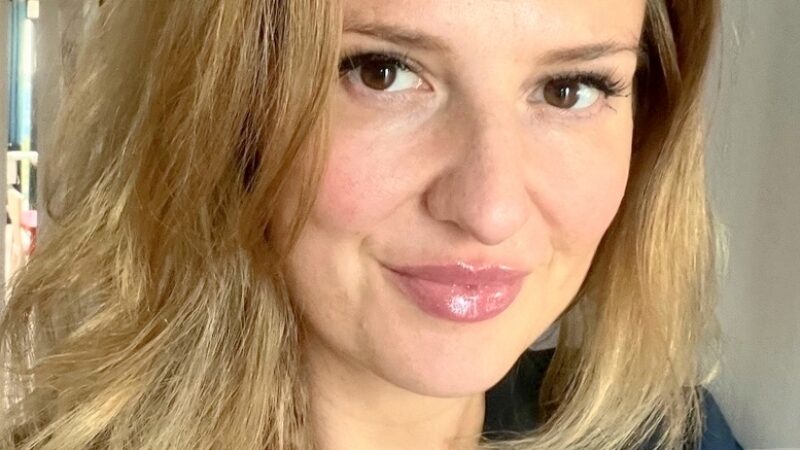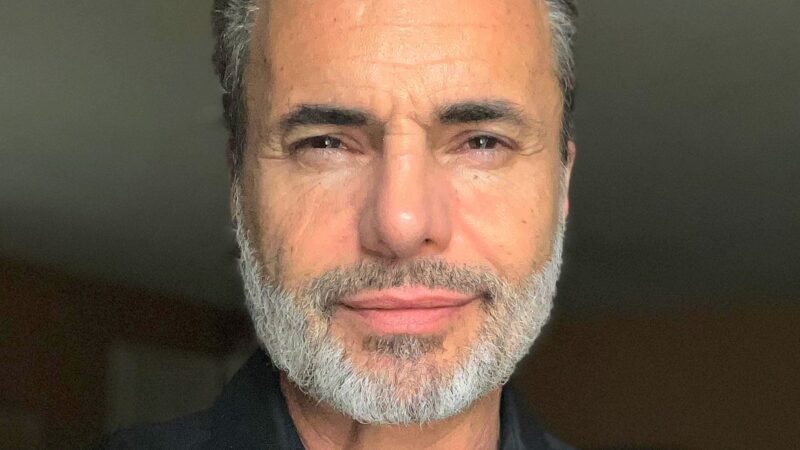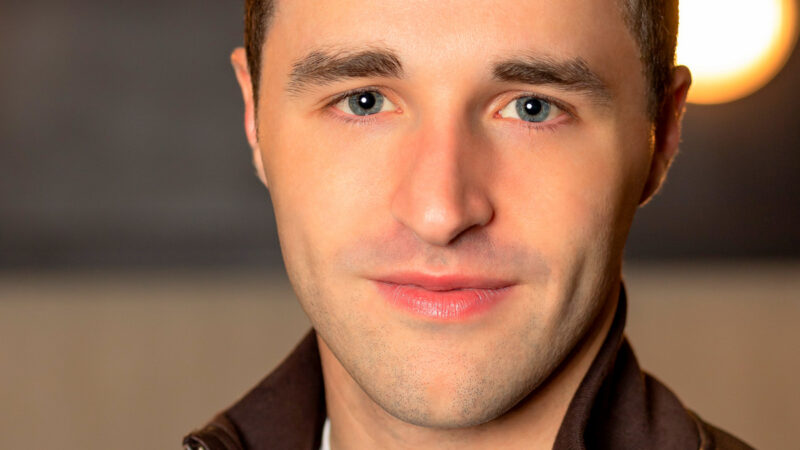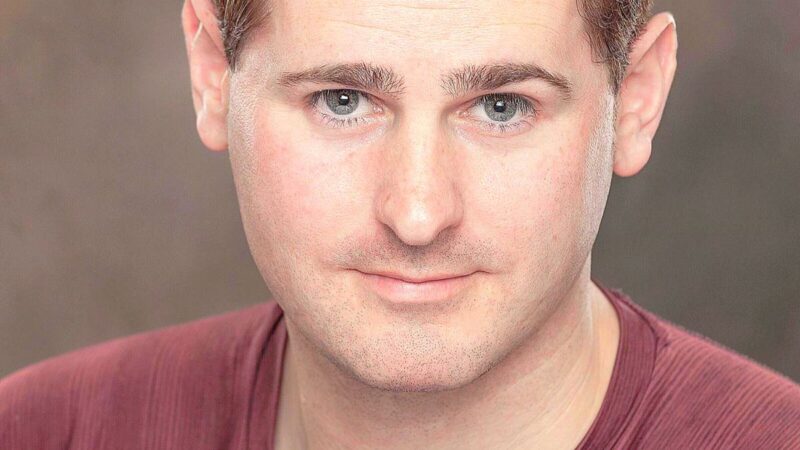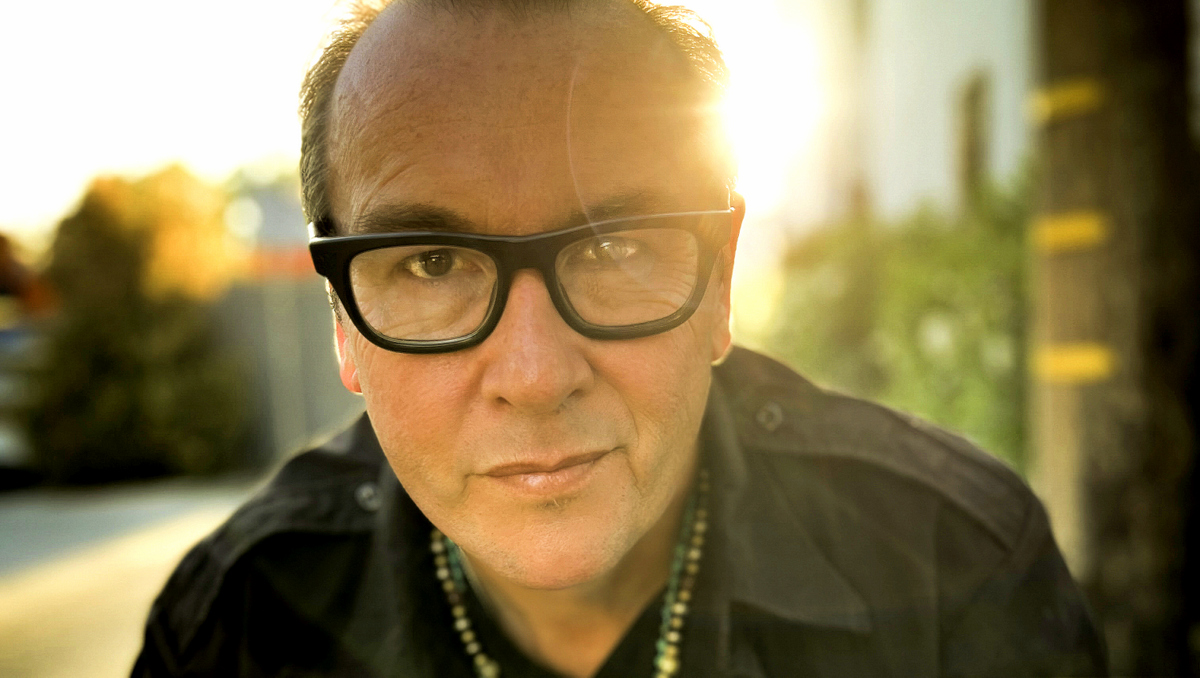
Nick Lyon was born in Idaho, and moved all around the west coast. He settled into Portland Oregon, where he studied art. Nick loved photography, painting, writing and performance. He worked as a mannequin restorer, and then when I was 22 I went to Germany, where I ended up combining my interests into film because I felt it was the medium that would speak to the most people.
I then attended the film Academy in Ludwigsburg, worked as a projectionist and as a doorman in a club (At Werner Herzog’s suggestion), and in this time I started directing music videos, shorts and they eventually led to my first feature film for Warner Bros. I Love You, Baby, starring legendary Maximilian Schell. This is what started my journey into film. Since then I have directed and or produced over 40 films and hundreds of hours of content.
indieactivity: how would you describe your work as a director?
Nick Lyon (FL): I would say it’s always evolving. I consider myself to be a craftsman, and I enjoy working in different genres. I love to create worlds. Some say my work is characterized by an intense, atmospheric style and an emphasis on suspense, tension and strong performance. I like to combine strong performance with action, visual effects, lighting, sound design, and camera angles to keep audiences on the edge of their seats.
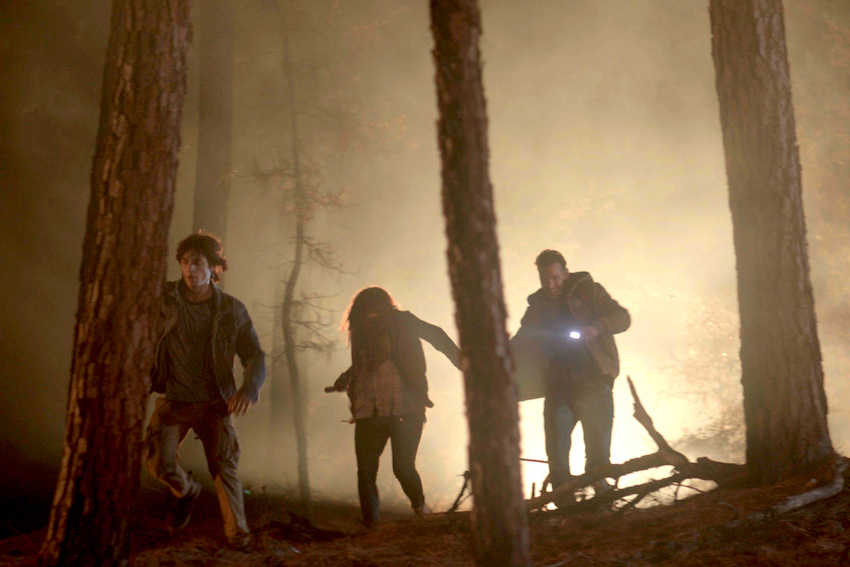
My filmmaking motto is “ It doesn’t cost a lot to set up great camera angles, and for actors to deliver great performances”, which is at the heart of all of his movies. I consider myself to be a craftsman with the ability to transcend across genres. It’s like an actor, they can do different roles, and I feel that as a director I can do the same. Each project and genre or field is different, the art is to be able to dive into the world that you as a director must create and execute it.
How did you get into directing?
Nick Lyon (FL): I was doing all artforms, photography, painting, performance art, and writing, and when I was at an art gallery opening in Germany watching people analyze the meaning of a single line on a canvas, I thought, I need a medium that will do more, and can somehow be seen by millions and hopefully change things in the world. Film was for me the path to do that.
How do you choose a project to direct?
Nick Lyon (FL): I consider several things, but the initial thought is does it look like a fun project to shoot, does it inspire me or energize me, and can I accomplish what I want to do with it. Finances also come into play, as we all need to work. Some projects are for passion, and others are to pay the bills so that also comes into consideration, but I do have to see something in it to start even if it is just to pay the bills. They say you never work a day in your life if you love what you do, and that rule applies to me. When I have fun it’s not work, it’s passion.
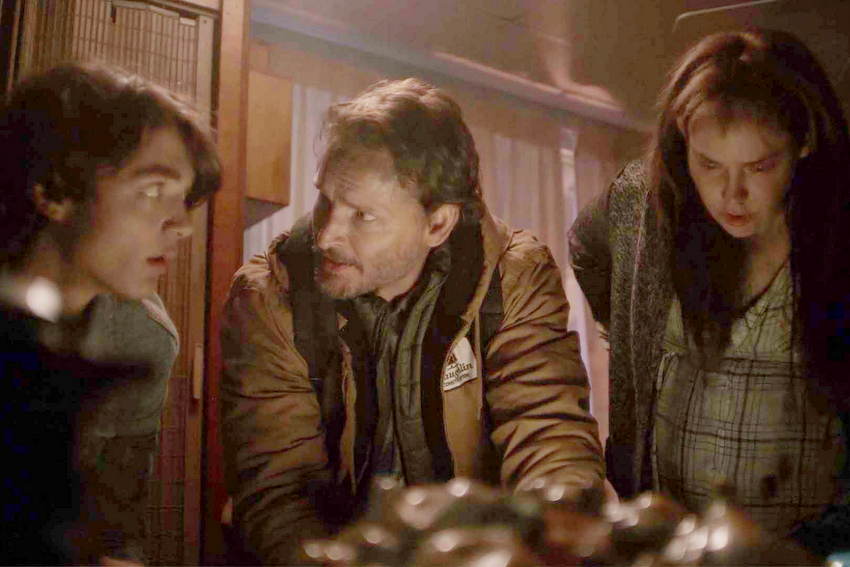
What uniqueness can female directors bring to Film/TV/Cinema?
Nick Lyon (FL): Female directors can bring uniqueness through their perspective, experience, and sensibilities. In fact, every individual can bring a unique perspective, and have something to say to the world. But I particularly respect the perspective and passion that female directors bring to their art and love the fact that more and more credits appearing are female directors.
Do you often take courses to increase your craft?
Nick Lyon (FL): With every film I do I consider it to be a master class. I am the type who has always learned by doing, so creating, be it photography, writing, producing or directing are valuable courses and my skills are always evolving. Life experience is a valuable experience as well. I also love to collaborate with others and learn from people who have different experiences. Where I do rely on courses is with editing or learning new technical skills. And with the internet, it is amazing. I feel like I can learn just about anything by watching tutorials, online courses, panels, or listening to interviews.
What books do you read?
Nick Lyon (FL): Fatherland by Robert Harris, Slaughterhouse 5 by Kurt Vonnegut, Post Office by Charles Bukowski, The Tortilla Curtain by TC Boyle, The Power of Myth by Joseph Campbell, The Odyssey by Homer
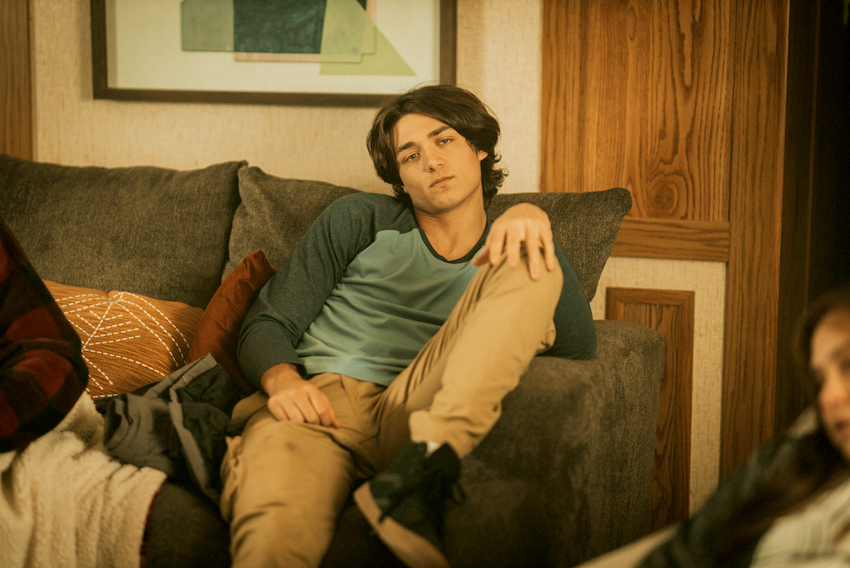
Why would you choose an actor, writer, or producer? What do you look for?
Nick Lyon (FL): Well, it’s really dependent on the project. But a lot of the time it’s the producers who find me. I select talent based on how they read, or a lot of times how they embody my vision of the character.
When you are offered a project, what things do you put in place to deliver a good job?
Nick Lyon (FL): I am a director/producer who can budget, schedules, and breakdowns of scripts, which I usually do just for me to gauge how many days I can do it, and if I feel comfortable taking on the task. I also do storyboards where time and finances permit, but I always do “shotlists”. I used to do a lot of storyboards, and still do if there are big action sequences. On set I also like to use technical storyboards to show where the cameras need to be and the angles I choose.
But mainly shotlists are my way of previsualizing how I want to shoot a film and to work through the blocking. I have done the same format of shotlists my entire career, and if the shotlists exceeds 1.8 pages in my format, I know it’s going to be nearly impossible to shoot in a day. So I often rearrange the days to balance out what I feel is doable in a day. Sometimes I see that the day is way too long, so I either need to reduce the shots and pair down the coverage or combine scenes. I very rarely do much overtime because of this and if I feel that I can’t complete a day, I am usually right.
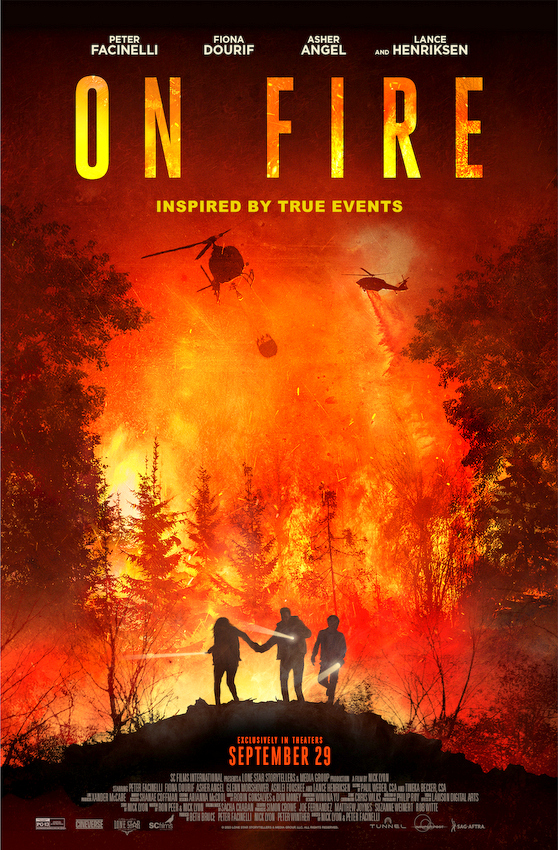
Briefly explain your latest work
Nick Lyon (FL): My latest film is called “On Fire”, which follows a family whose lives and home are threatened by a forest fire.
Explain key challenges on your last film?
Nick Lyon (FL): As a film director, “On Fire” is one of the technical accomplishments I am most proud of. To make a film about the calamity and terror of surviving a forest fire is no small task. With “On Fire”, I knew I needed to devise and design a style to quickly and safely portray a forest fire, without setting an entire forest ablaze, and without millions in additional production costs, that would allow me to focus on the drama of the family’s journey and their survival amidst the burning chaos.
Lower budget, high concept action, and disaster are genres I specialize in as a filmmaker; it’s sort of my forte. Before “On Fire”, I had directed multiple films, where I combined lighting techniques, fog and smoke, real fire, and visual effects to create disaster situations, which is the technique I chose to implement in this film, which would otherwise have been impossible to do as a lower budget production.
What ‘thing/situation’ helps you during production?
Nick Lyon (FL): The most helpful is having a team, and especially producers who support your vision. Directors are often under fire from all sides, and having a producer who believes in and trusts you is key. There is a reason why they hired you, and they should protect your space. An experienced producer knows how to discern between legitimate concerns and illegitimate concerns.
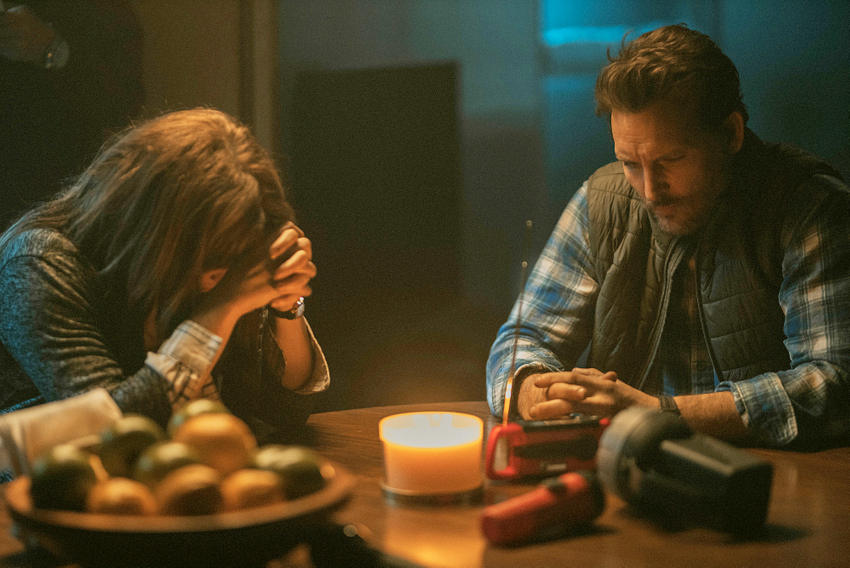
Explain a creative choice you took on the set of a recent production?
Nick Lyon (FL): With On Fire, I made a creative choice of using Fog/smoke and light to create the impression of being in a burning forest. I knew I would enhance this with visual effects, but what this did was allow me to focus on filming the drama, and not worry about the protocols and expenses that go along with real-fire special effects. We had initially planned to also use fire bars that would shoot up 10 feet or so, but on our first test, we quickly realized that in the forest the ground, which was several feet of decayed pine needles, was starting to smolder. So we quickly decided to forego the real fire. But the plan of using lighting and smoke worked as intended and when you see the fire, it looks like the family is in the middle of a raging wildfire.
How do you advise directors to find projects?
Nick Lyon (FL): As a writer-director, I suggest creating one. If you don’t write, and you want to be a director, find a great script on inktip or blacklist. Creating a really good short film or directing a low-budget feature is the way to go. Nowadays, with cameras so available it’s possible to shoot a film with little to no money. Very important to be able to inspire the people who will work with you with your vision. It’s a very competitive business and there are very few jobs, so knowing your craft, and being able to execute is key.
Another way that people become directors is to work on set and learn the craft. It happens that producers, writers, editors, visual effects supervisors, stunt coordinators, cinematographers, actors or assistant directors are given opportunities to direct once they are close enough to the decision makers and prove that they are experienced enough in filmmaking and that they have a vision and leadership skills.
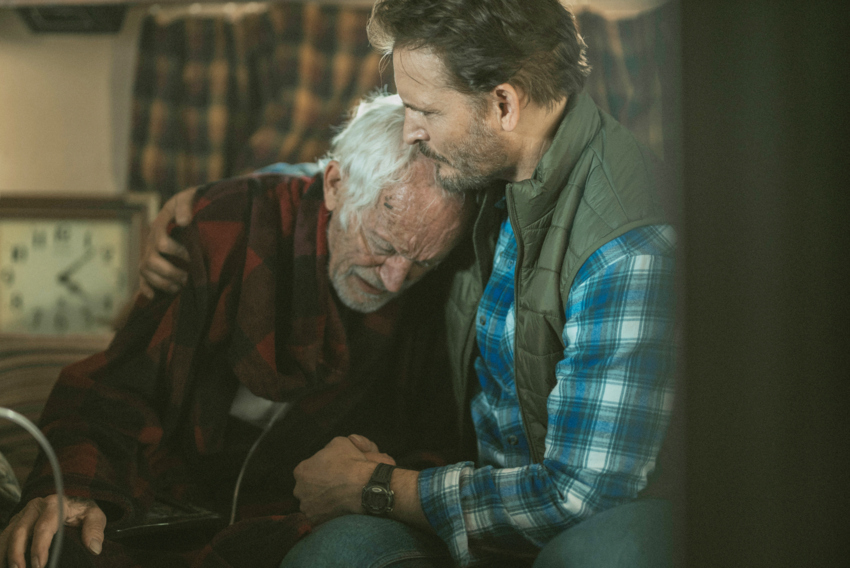
How can filmmakers finance their projects?
Nick Lyon (FL): As a filmmaker I am always my first investor with my time, energy, and resources. I believe that a filmmaker needs to start by showing that a project or you as a producer or director are worth investing in. This might mean making a great presentation, or shooting a short, or a sizzle for a film; a great script is a necessity as well. If you can get name cast on board, that is probably the most important nowadays and harder to do than raising funds. A lot of financing happens based on cast, and a film’s budget can only be as high as the cast can recoup. So, learn to package a film before going to a financier. The other path is to find an investor who will pay for the offers to get the cast and ensure the financing of the film when they say yes. It’s a catch 22, but really the most important thing is to have an undeniably good script, without that it’s very difficult to do anything..
What do you want from an actor during a production?
Nick Lyon (FL): I see an actor as the head of their characters department, so I want them to come prepared just like any other department. An actor should know their character better than anyone else, even better than a director knows the character. I want an actor to have trust in my recommendations or notes on their performance as well. It’s a collaboration between the actor and the director, not a dictatorship.
What do you think a female director can do to get into the film industry?
Nick Lyon (FL): I think female filmmakers are in such high demand right now that if there is a will, the doors will be wide open. I usually like to have about 50% of my crew be female. But it also comes down to talent and desire to fill a certain role. Not everyone wants to drag cables around, and not everyone wants to do make up, or be a director, or a first AD. But from what I see, if you are a female filmmaker the doors are wide open and remember though that 99 percent of all directors are not working, and there’s a big distance between 99 and 99.5 which is where the real successful directors are. So, if it doesn’t work out a few times, just don’t give up, it’s also tough for 99% of all directors.
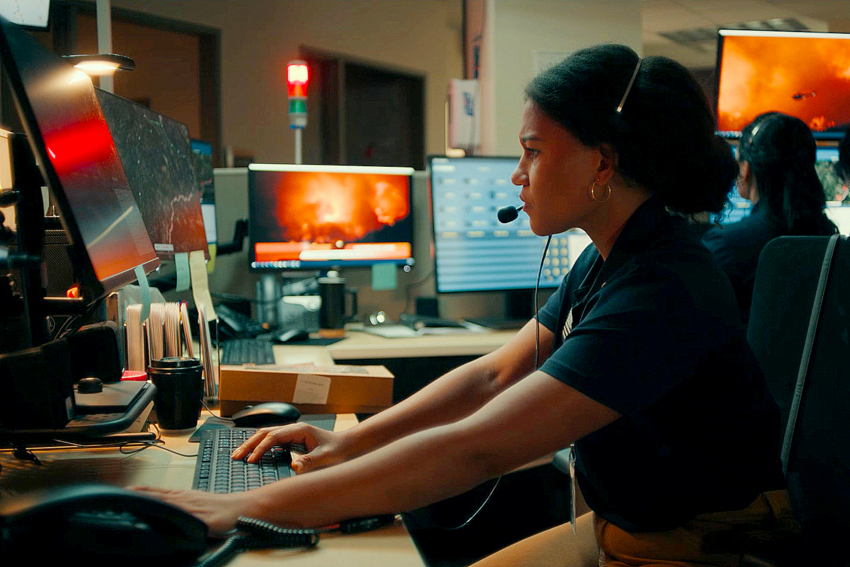
Who is your favorite director?
Nick Lyon (FL): Ridley Scott.
Why?
Nick Lyon (FL): Blade Runner & Gladiator are two of my favorite films. He has a style to tell big stories that also touch my emotions and are visually fantastic. He also has the ability to direct many genres, which is testament to his craftsmanship as a director.
What advice would you give male/female directors around the world?
Nick Lyon (FL): After having worked as a line producer, I have seen the effects that an asshole director can have on the entire crew and their willingness and enthusiasm for a project. So, I would say, don’t be an asshole, you are not a God, you are a director making a film, which isn’t really war, or life and death. I know it’s not always intentional and can be a result of the pressure that is on a director, but lashing out at people doesn’t help, it gets people to shut down.
At the same time, without being an asshole, know what you want, trust your team, delegate, and when you entrust people with the responsibility of their job rather than micromanage, you will get better results. I don’t like being micromanaged, and if someone is micromanaging someone, I believe that they ask themselves “why should I do a good job when they are just going to come and change everything”. So as a director, I encourage people to deliver the best they can, to make it their own. It doesn’t always work, but I think people generally step up when empowered.
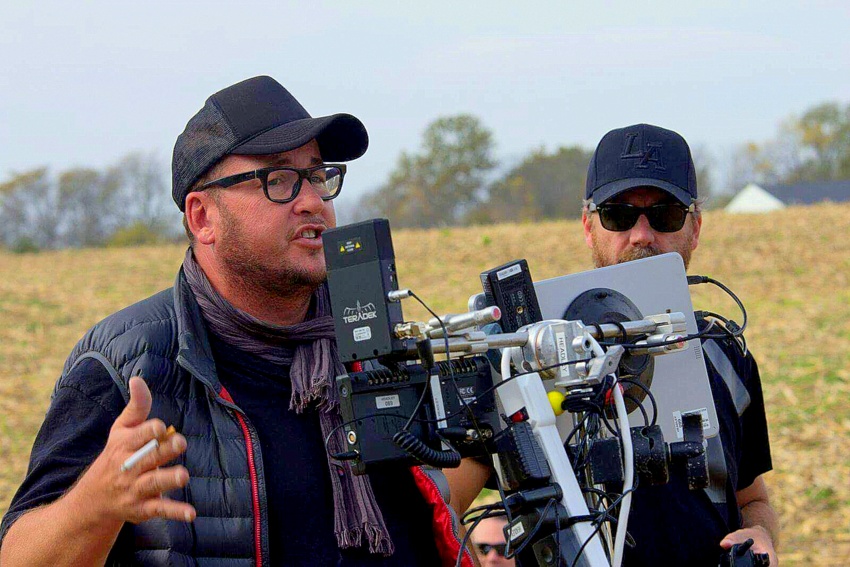
Briefly write about your career?
Nick Lyon (FL): Nick Lyon is an award-winning American / German filmmaker who has made a name for himself in the horror, action, war, and thriller genres. Lyon is an accomplished director, writer, and producer with the ability to create big worlds on a budget. Lyon’s work is characterized by its intense, atmospheric style and an emphasis on suspense and tension.
Stylistically, Lyon combines strong performance together with action, visual effects, lighting, sound design, and camera angles his films keep audiences on the edge of their seats. Lyon’s filmmaking motto is “ It doesn’t cost a lot to set up great camera angles, and for actors to deliver great performances”, which is at the heart of all of his movies. A craftsman with the ability to transcend across genres, Lyon’s films have been commercially well-received, and he continues to be a respected and influential figure in the world of gritty drama, science fiction, horror, disaster, and thriller filmmaking.
In his most recent film “On Fire” which Lyon co-wrote, directed, and produced, he tells the story of a family who must escape the flames of a forest fire that threatens their home and lives. The film stars Peter Facinelli, Fiona Dourif, Asher Angel, and Lance Henriksen. Lyon created the film to bring awareness to the growing problem of wildfires worldwide.
Lyon’s work is very captivating and leaves a lasting impact on the audience, winning him awards at various film festivals with films like, The Boy The Dog and the Clown or his teen drama Punk Love.
As a filmmaker, Lyon has not only excelled in bringing 40+ stories to life on screen but has also crafted stories. With over 30 screenplays to his name and several innovative series ideas in development, his storytelling skill promises even more remarkable creations.
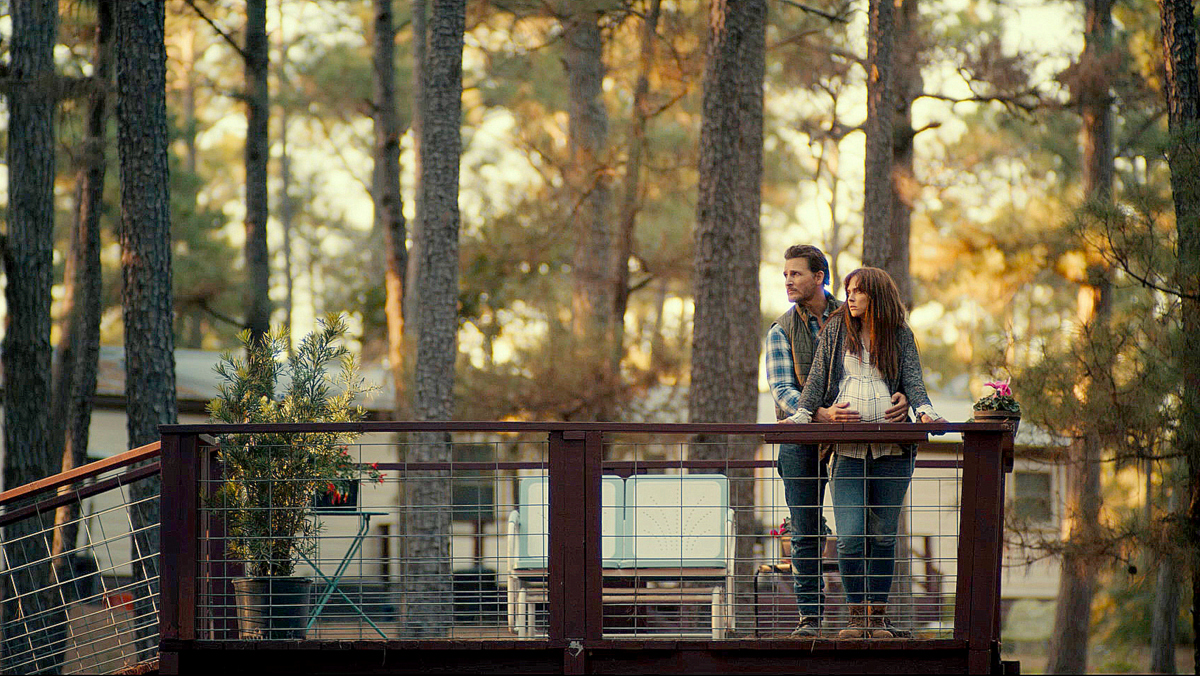
Tell us what you think of the interview with Nick Lyon. What do you think of it? What ideas did you get? Do you have any suggestions? Or did it help you? Let’s have your comments below and/or on Facebook, Instagram, or Twitter.
Socials
Website
IMDb
Facebook
Twitter
Instagram
LinkedIn
Vimeo
FILMMAKER INTERVIEWS

